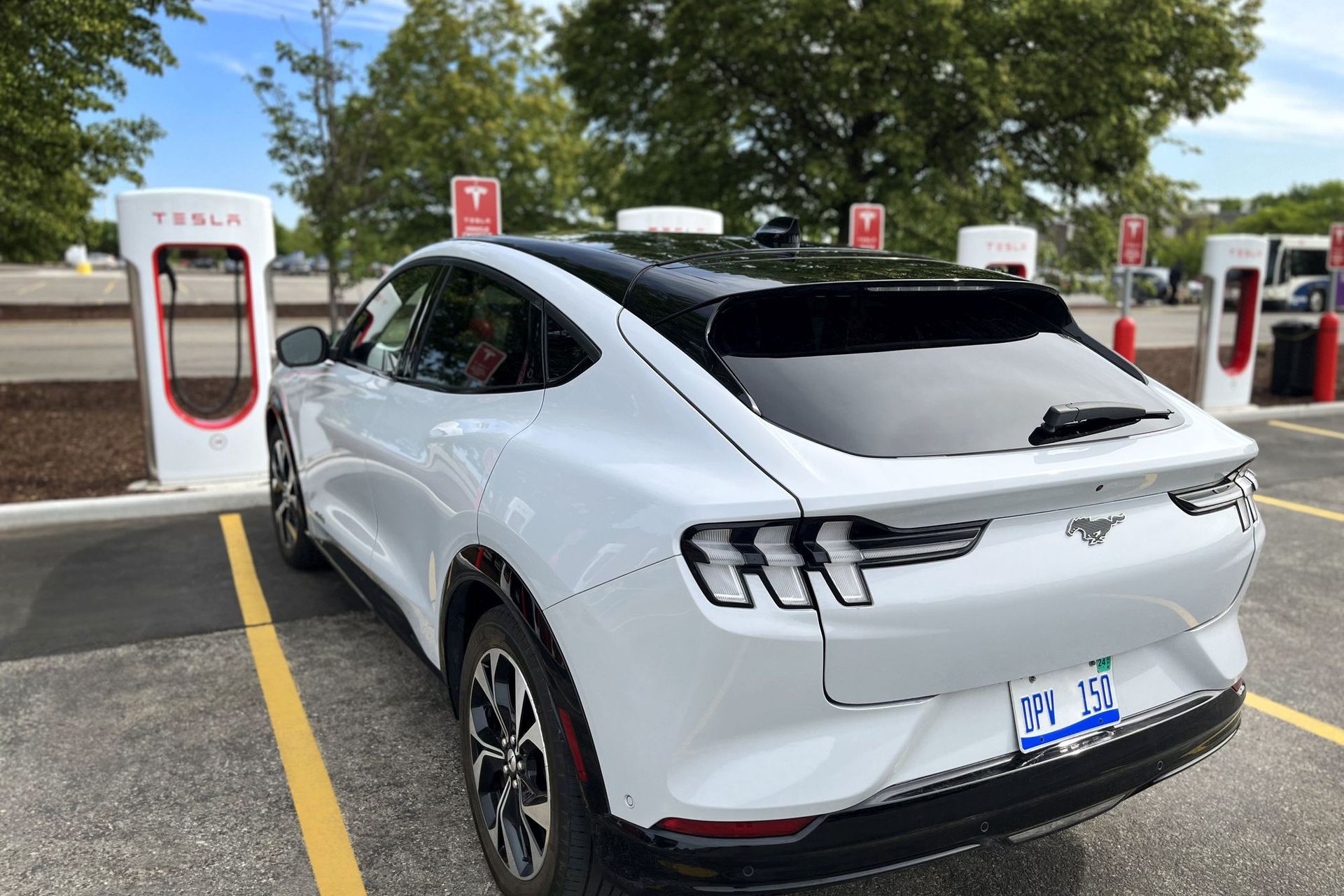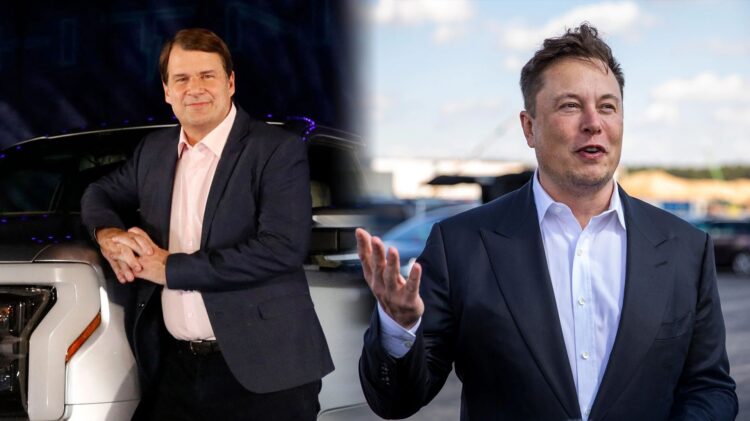Ford CEO Jim Farley and Tesla CEO Elon Musk have made an exciting announcement regarding the future of electric vehicle (EV) charging infrastructure. In early 2024, more than 12,000 Tesla Superchargers will be made accessible to Ford vehicles, marking a significant step towards creating a more interconnected and efficient charging network. This move aims to break down barriers and ensure equal access to reliable EV charging for all automakers.
During a Twitter Space call, Elon Musk emphasized the importance of not creating a “walled garden” around Tesla Superchargers. Tesla wants to level the playing field and enable Ford and other automakers to benefit from dependable EV charging infrastructure. To achieve this, Tesla will develop an adapter that will be provided to customers purchasing Ford EVs, including popular models like the F-150 Lightning truck, Mustang Mach-E, and E-Transit delivery van.

How important is the news?
Ford’s EVs are already compatible with EV chargers featuring Combined Charging System (CCS) plugs, which are widely used in North America. The adapter will allow Ford EVs to connect seamlessly with Tesla’s Superchargers, including the latest Version 3 chargers. Additionally, Ford’s next-generation EV platform, set to debut in 2025, will support Tesla’s North American Charging Standard port. Ford is among the first automakers to embrace Tesla’s open charging standard, which was announced last year.
In addition to collaborating with Tesla, Ford will continue expanding its own charging network called “BlueOval.” By early 2024, an additional 1,800 DC fast charging stations will be added to the network, enhancing the charging options available to Ford EV owners.
The Twitter Space call where the announcement was made saw a stable stage after the technical difficulties experienced during Gov. Ron DeSantis’ presidential announcement speech the previous day. Nearly 75,000 participants tuned in to the Space, a significant number compared to the 600,000 who attempted to join the DeSantis stream.
This collaboration between Ford and Tesla comes at a time when competition in the EV market is intensifying. While Tesla has enjoyed its dominance in the industry, other manufacturers are introducing more variety and alternatives to Tesla’s popular Model Y. In response to the growing competition, Tesla has reduced prices multiple times this year to stimulate sales and has even brought the price of its Model 3 sedan under $40,000.
Ford, currently holding the second position in EV sales, has also implemented price cuts and is preparing for a potential industry-wide price war as other manufacturers inch closer to offering affordable EVs. However, Ford has faced challenges with manufacturing issues, including addressing faulty batteries that posed a fire risk and improving production processes for models like the Lightning and Mustang Mach-E. The company has also revised its plans for the company’s future regarding artificial intelligence recently with Latitude AI, Ford’s Driver Assist.
Both Tesla and Ford have joined the National Charging Experience Consortium, a collaborative effort involving National Laboratories, EV equipment OEMs, and automakers. This consortium aims to enhance the reliability of charging infrastructure, emphasizing the commitment of these companies to improve the overall EV charging experience for consumers.
The partnership between Ford and Tesla in expanding access to charging infrastructure represents a pivotal moment for the EV industry. The joint efforts of Ford and Tesla to expand access to EV charging infrastructure not only benefit their respective customers but also contribute to the overall growth and adoption of electric vehicles. By prioritizing collaboration and open standards, these automakers are working together to address one of the critical challenges facing the widespread adoption of electric vehicles—creating a robust and accessible charging network for all EV owners.





